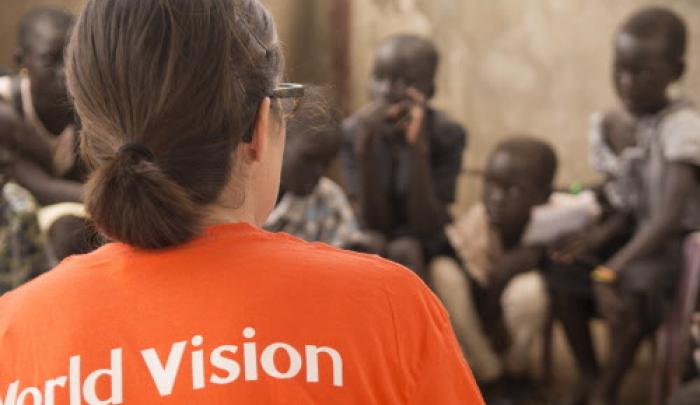3,000 former child soldiers being released in South Sudan have long way to go in their recovery - World Vision

World Vision International is asking for support from governments, leaders and organisations for 3,000 former child soldiers released in South Sudan, saying that the children have a long way to go before they fully recover.
"The lifelong consequences for children forced, one way or another, into armed groups cannot be understated," James East, World Vision emergency communications director, said.
Based on a study by Harvard University, the long-term stress from their experience may have a lasting impact on their learning, especially since the majority of internally displaced children in South Sudan are not enrolled in school, according to data from the UNICEF.
"These children will have missed out on crucial elements of childhood, and been exposed to the kind of abuse and violence no child should ever experience. We must listen to these children because they can provide solutions to the issues. They are the best advocates for the change needed in their countries," East added.
The study, featured in World Vision's Fear and Want publication, also called attention to the fact that while 72 per cent of funding from international donors are allotted for emergency programmes, there is still a lack of funding for programmes focused on the protection of children.
"Children should never be forced to see joining armed groups as an option. But sadly, inequality, poverty, a lack of governance and child protection systems, all contribute to forcing children in this direction. All of these exist in South Sudan, to disturbing degrees," East explained.
"These children live in fear. They want a normal life and for the sake of the country's future, we must make this a priority. We continue to ask the Government of South Sudan and the international community to prioritise the needs of children while working toward an end to the conflict."
Among the five things needed by the children affected by conflict are safety; water, food, shelter, sanitation and health; space to be heard; education and jobs and skills training.











